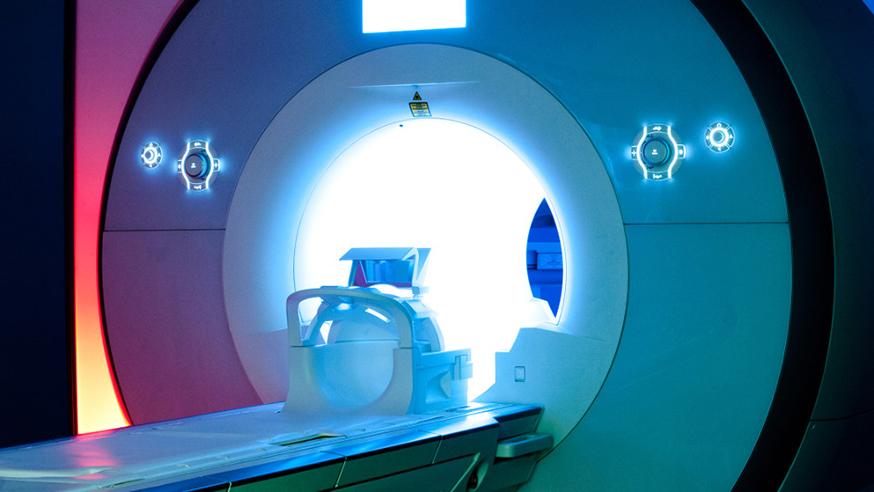
People with a gene mutation that confers a very high risk of cancer would benefit from a whole-body MRI scan to detect the disease early, a new study reports.
Researchers found that whole-body MRI picked up potentially deadly tumours in men and women with mutations in a crucial gene called TP53.
A single whole-body MRI scan detected at least one tumour that would have been deadly if left untreated in as many as 14 per cent of participants with a damaged copy of TP53.
The study will need to be confirmed with larger scale research, but could potentially lead to patients with p53 mutations being offered a whole body scan as part of their standard care.
The study was led by researchers at The Institute of Cancer Research, London, The Royal Marsden NHS Foundation Trust, and Central Manchester University NHS Foundation Trust, and included 11 other UK hospitals.
Benefits for people with TP53 mutations
The findings, published in the journal Familial Cancer, suggest the benefits for people with TP53 mutations in detecting and investigating harmless growths such as cysts.
The research was funded by The Royal Marsden Cancer Charity through the Annabel Evans Memorial Fund and the NIHR Biomedical Research Centre at The Royal Marsden and The Institute of Cancer Research (ICR).
Women with TP53 mutations are almost guaranteed to get cancer in their lifetime, with a risk of cancer of nearly 100%, while for men the lifetime risk is 75%. But currently screening is only offered for female breast cancer.
The research team undertook whole-body MRI-scans in 44 people with and 44 population controls with a very low chance of TP53 mutations, all of whom had no cancer symptoms.
Six participants with TP53 mutations were diagnosed with at least one potentially lethal tumour - including two women who had two different primary cancers – and all of these were able to be treated by doctors.
A further two participants with TP53 mutations were diagnosed with cancer after further interrogation of what initially looked like a cyst on the scan.
There was a high rate of incidental, non-harmful, findings in the study – with 15 TP53 gene carriers and 7 people in the control group requiring further investigation by hospital staff for something that looked abnormal on the MRI scan but turned out to be benign.
None of the control participants with fully functioning TP53 were diagnosed with cancer in the study.
Normally, TP53 protects us from cancer by blocking cells with damaged DNA from dividing.
But when mutations stop the gene from functioning properly, cells with damaged DNA are allowed to divide – often leading to cancer.
Professor Rosalind Eeles’ Oncogenetics Team aims to translate laboratory findings about genetic risk factors for cancer, particularly prostate cancer, into the clinic.
Major breakthrough for patients with TP53 gene faults
Study co-leader, Professor Ros Eeles, Professor of Oncogenetics at the ICR, and Consultant Clinical Oncologist at The Royal Marsden NHS Foundation Trust, said:
“Our study shows that whole-body MRI scans are an option for people who have a very high cancer risk due to mutations in the TP53 gene. The benefits in finding cancers of whole-body scans in these people outweigh having to investigate large numbers of incidental findings.
“By contrast, in people without TP53 mutations, there was no evidence that whole-body MRI scans are valuable and they detected a high number of harmless incidental findings.
“It will be important to combine data worldwide from studies of this screening technique to determine if this should be offered routinely to such individuals who are at a very high cancer risk.”
Professor Gareth Evans, study co-leader from Manchester (Professor of Medical Genetics and Cancer Epidemiology at University of Manchester), said:
“This is a major breakthrough for patients with TP53 gene faults as for the first time they can have a surveillance test that is likely to detect most of the malignancy risk early.”
